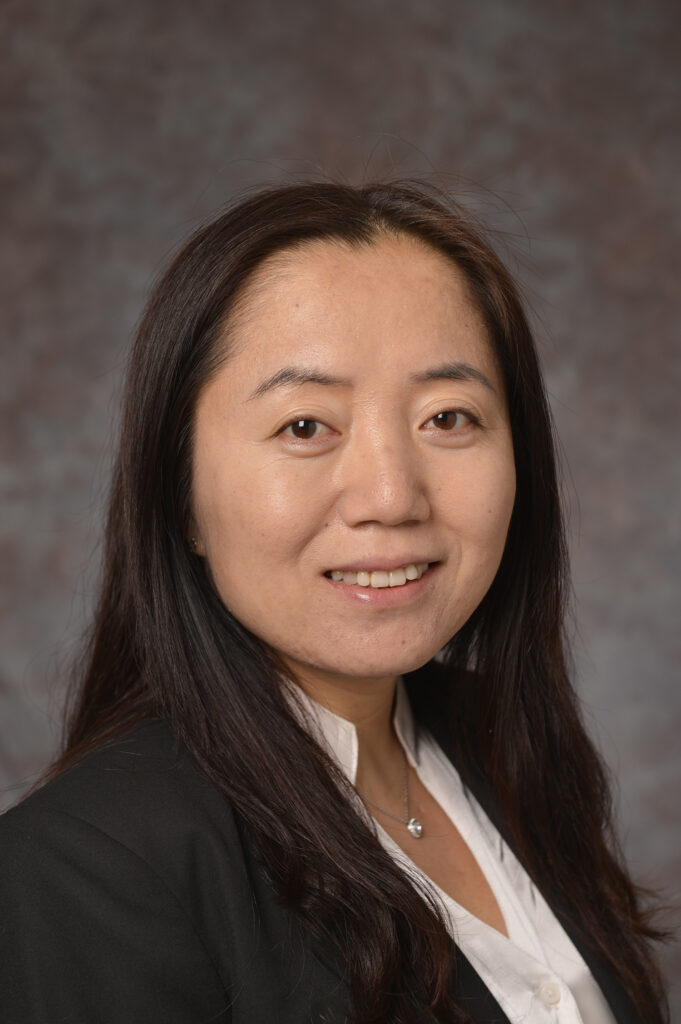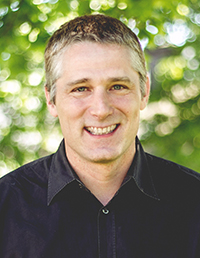April 8, 2022 11:00am – 12:00pm
Location: 254 Classroom Skiles

Dr. Johan Karlsson
Associate Professor
Department of Mathematics
KTH Royal Institute of Technology
Abstract
The optimal mass transport problem is a classical problem in mathematics, and dates back to 1781 and work by G. Monge where he formulated an optimization problem for minimizing the cost of transporting soil for construction of forts and roads. Historically the optimal mass transport problem has been widely used in economics in, e.g., planning and logistics, and was at the heart of the 1975 Nobel Memorial Prize in Economic Sciences. In the last two decades there has been a rapid development of theory and methods for optimal mass transport and the ideas have attracted considerable attention in several economic and engineering fields. These developments have led to a mature framework for optimal mass transport with computationally efficient algorithms that can be used to address problems in the areas of systems, control, and estimation.
In this talk, I will give an overview of the optimal mass transport framework and show how it can be applied to solve problems in state estimation and ensemble control. In particular, I will present a version of the optimal transport problem where the cost function is adapted to take into account the dynamics of the underlying systems. Also duality results between control and estimation will be considered together with illustrative examples. The approach is non-parameteric and can be applied to problems ranging from a multi-agent systems to a continuous flow of systems. This problem can also be formulated as a multi-marginal optimal transport problem and we show how several common problems, e.g., barycenter and tracking problems, can be seen as special cases of this. This naturally leads to consider structured optimal transport problems, which both can be used to model a rich set of problems and can be solved efficiently using customized methods inspired by the Sinkhorn iterations. This also connects to the Schrödinger bridge problem and ensemble hidden Markov models.
Biography
Johan Karlsson received an MSc degree in Engineering Physics from KTH in 2003 and a PhD in Optimization and Systems Theory from KTH in 2008. From 2009 to 2011, he was with Sirius International, Stockholm. From 2011 to 2013 he was working as a postdoctoral associate at the Department of Computer and Electrical Engineering, University of Florida. From 2013 he joined the Department of Mathematics, KTH, as an assistant professor and since 2017 he is working as an associate professor. His current research interests include inverse problems, methods for large scale optimization, and model reduction, for applications in remote sensing, signal processing, and control theory.





